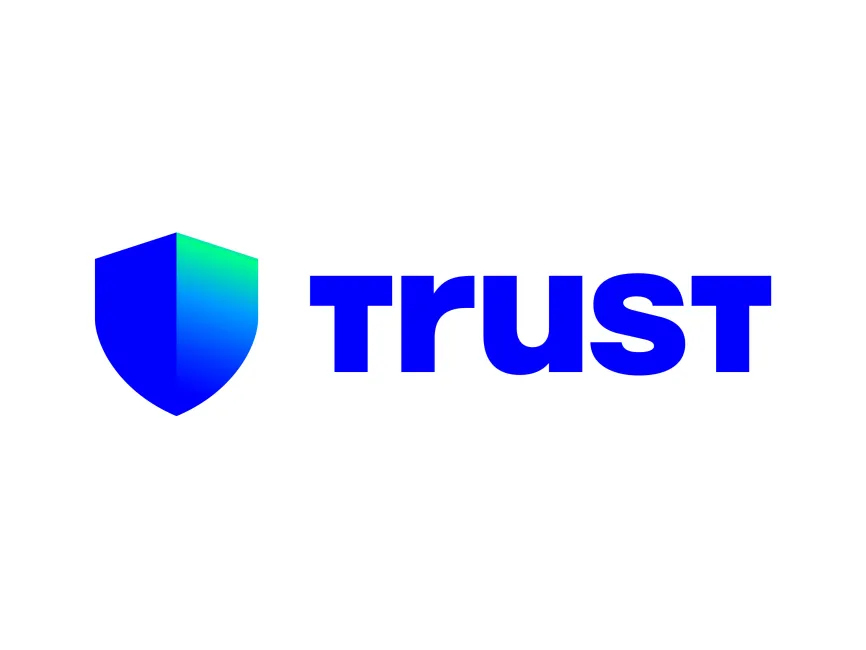Syncing Your Wallet Across Devices: The Multi-Chain DeFi Puzzle
Ever started a DeFi trade on your phone, then switched to desktop only to find your wallet isn’t there? Yeah, that’s a pain I’ve run into more times than I’d like to admit. Mobile-desktop sync in crypto wallets isn’t just a convenience—it’s kind of a necessity these days, especially when you’re juggling multiple chains and platforms. But making that seamless jump from one device to another? It’s tricky. Something felt off about most solutions I tried—either clunky or insecure, or worse, both.
Here’s the thing. With DeFi exploding across chains like Ethereum, BSC, Polygon, and more, having a wallet that just “knows” you across devices is a game changer. It’s not just about accessing funds; it’s about preserving your portfolio’s integrity, transaction history, and that delicate balance of security and usability.
Initially, I thought syncing meant just exporting keys and importing them elsewhere. Simple, right? But actually, wait—let me rephrase that. It’s way more nuanced, because you’re not just moving keys; you’re syncing states, permissions, connected apps, and even preferences across platforms. On one hand, you want convenience, though actually, security always trumps that—especially in crypto.
Whoa! Have you tried juggling multiple chain wallets manually? It’s a circus act. The constant switching, remembering seed phrases, dealing with different interfaces… it’s exhausting. But, what if there was a way to have all this sync without sacrificing security or drowning in complexity?
So, I started poking around the trust wallet extension—it’s this nifty bridge between mobile and desktop that kinda blew my mind. It’s like having your multi-chain DeFi toolkit in one place, synced and ready no matter where you jump in.
Trust me, I’m biased, but the extension’s approach to wallet synchronization feels like a breath of fresh air. It’s not just about copying your wallet to a browser. It’s about creating a fluid experience where your mobile wallet and desktop browser are in constant conversation. That means when you approve a transaction on your phone, your desktop reflects it instantly. Cool stuff.
But here’s what bugs me about other wallet sync methods—the security trade-offs. Many solutions rely on cloud backups or centralized servers, which, honestly, is a big risk. I’m not saying you have to be paranoid, but with your crypto on the line, can you really trust a third party with your keys? My gut says no.
Check this out—

What the trust wallet extension does differently is it leverages encrypted local storage and peer-to-peer communication protocols. That means your wallet data syncs directly between your devices without passing through some random server farm. It’s like having a secret handshake between your phone and desktop that only you know.
Okay, so check this out—multi-chain support adds layers of complexity. Each blockchain has different transaction types, token standards, and even signature schemes. Keeping all that in sync is like juggling flaming swords. The extension handles this by abstracting the complexity away from the user. You don’t have to micromanage which chain you’re on; your wallet just adapts and syncs state accordingly.
And, oh yeah, the user interface is surprisingly intuitive. I mean, I’m not a fan of wallets that look like they were designed in the 90s. This one feels modern but not overwhelming, which is hard to pull off in crypto tools.
Why Mobile-Desktop Sync Matters for Multi-Chain DeFi Users
Let me tell you a little story. Last month, I was deep in a liquidity pool on Polygon, then had to switch over to a desktop because my phone battery died. I expected the usual hassle—having to log in again, reconfigure, or worse, mess up the transaction. But with this sync setup, bam—I just opened my browser, and there was my wallet, ready to roll. No extra steps, no fumbling around.
This kind of fluidity is a blessing. Seriously? It makes managing DeFi positions across chains less of a headache. Plus, it’s safer because you’re not constantly exposing your seed phrases or private keys every time you switch devices.
Still, I’m not 100% sure everything is foolproof. For example, sometimes syncing can lag if your connection is spotty, or if you’re juggling too many chains at once. But I guess that’s the trade-off with any tech—it’s never perfect.
On the security front, I appreciate that the trust wallet extension avoids cloud storage of sensitive info, which is a big plus. That said, you still have to be vigilant about device security. If your phone or desktop gets compromised, syncing won’t save you.
Something else I noticed is how the extension handles transaction approvals. It prompts you on mobile for confirmation, which reduces the risk of unauthorized transactions. It’s a nice touch that makes the multi-device experience feel safer—even if you’re rushing through trades.
Getting Started Without Losing Your Mind
Setting up multi-device sync can be intimidating if you’re new to DeFi. But honestly, the process with this wallet extension is straightforward. You install the trust wallet extension on your desktop browser, link it securely with your mobile app, and you’re off to the races.
What’s neat is that it’s not just about syncing wallets—it also syncs your connected dApps and transaction history. So if you’re using a DeFi aggregator or yield optimizer on mobile, those sessions mirror on desktop without you needing to log in again. Pretty slick, huh?
Though, heads up—this seamlessness depends a lot on your internet connection quality and device compatibility. I ran into a hiccup where an older laptop struggled to keep up, which was frustrating.
Still, I’d say the benefits outweigh the quirks. Switching between devices without losing context or wallet state is a huge time-saver. Plus, it opens doors to using more powerful desktop tools while keeping your mobile wallet as the secure gatekeeper.
Why I Keep Coming Back to the Trust Wallet Extension
Look, I’ve tried a bunch of wallet sync solutions, and frankly, most fall short in one way or another. Either they’re too technical, or they ask you to trust some central server with your keys. The trust wallet extension strikes a rare balance—it’s user-friendly but doesn’t compromise on security.
Also, I like how it embraces the multi-chain reality. So many wallets still act like Ethereum is the only game in town, but DeFi’s landscape is way bigger now. Having one synced wallet that can handle Ethereum, BSC, and others without juggling multiple apps is a big deal.
Sometimes I wonder if this is the future of crypto wallets—where your identity and assets sync effortlessly across devices and chains, kind of like how email just works everywhere. It’s not quite there yet, but tools like this are definitely pushing us in that direction.
Oh, and by the way, if you’re serious about DeFi and want to avoid the typical headaches, seriously give the trust wallet extension a spin. It’s become my go-to for daily trading and portfolio management.
Still, I’ll admit I’m watching closely to see how they handle future challenges—like scaling sync with more chains, or introducing hardware wallet integrations. It’s evolving, and I’m curious where it’ll land.
Frequently Asked Questions
Is syncing my wallet across devices safe?
Generally, yes—especially if the wallet uses encrypted peer-to-peer syncing rather than cloud backups. The trust wallet extension encrypts data locally, minimizing risks. But always secure your devices and avoid public Wi-Fi during transactions.
Can I sync wallets across multiple blockchains?
Absolutely. The extension supports multi-chain syncing, so your assets and transaction history from chains like Ethereum, Binance Smart Chain, and Polygon stay synchronized across devices.
What if I lose my phone or desktop?
Since syncing relies on your devices, losing one means you should immediately revoke sessions or reset the wallet on your other devices to prevent unauthorized access. Always keep your seed phrase secure offline.


